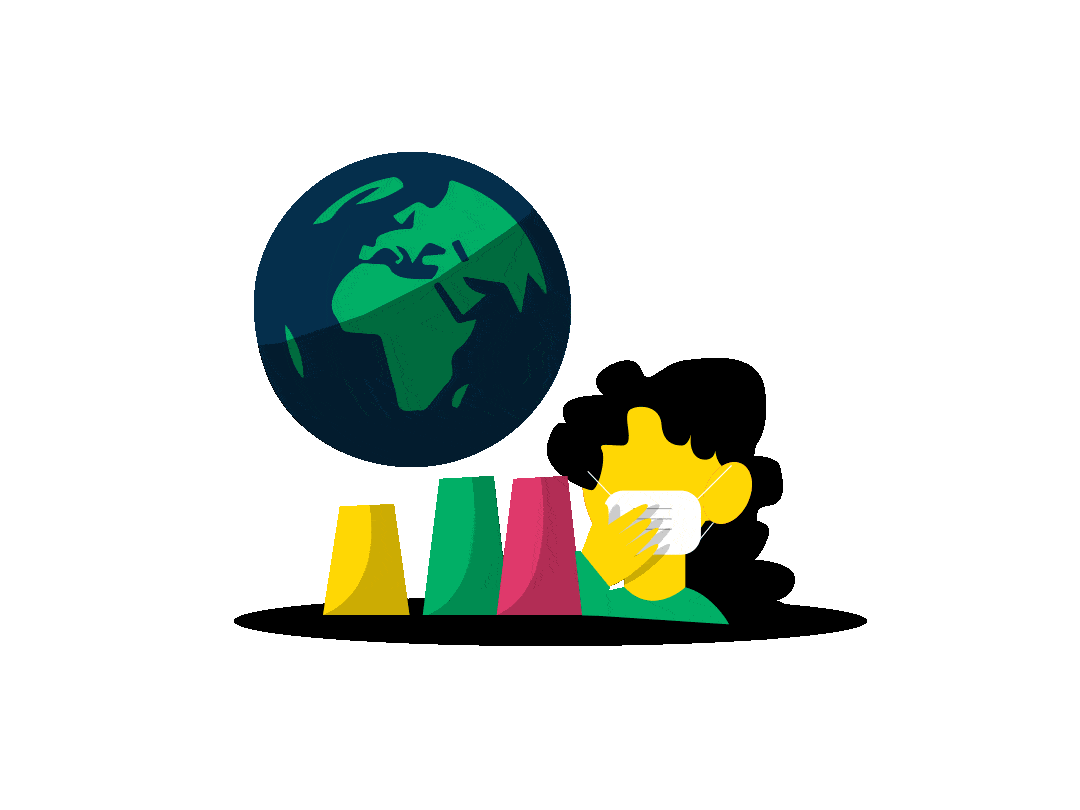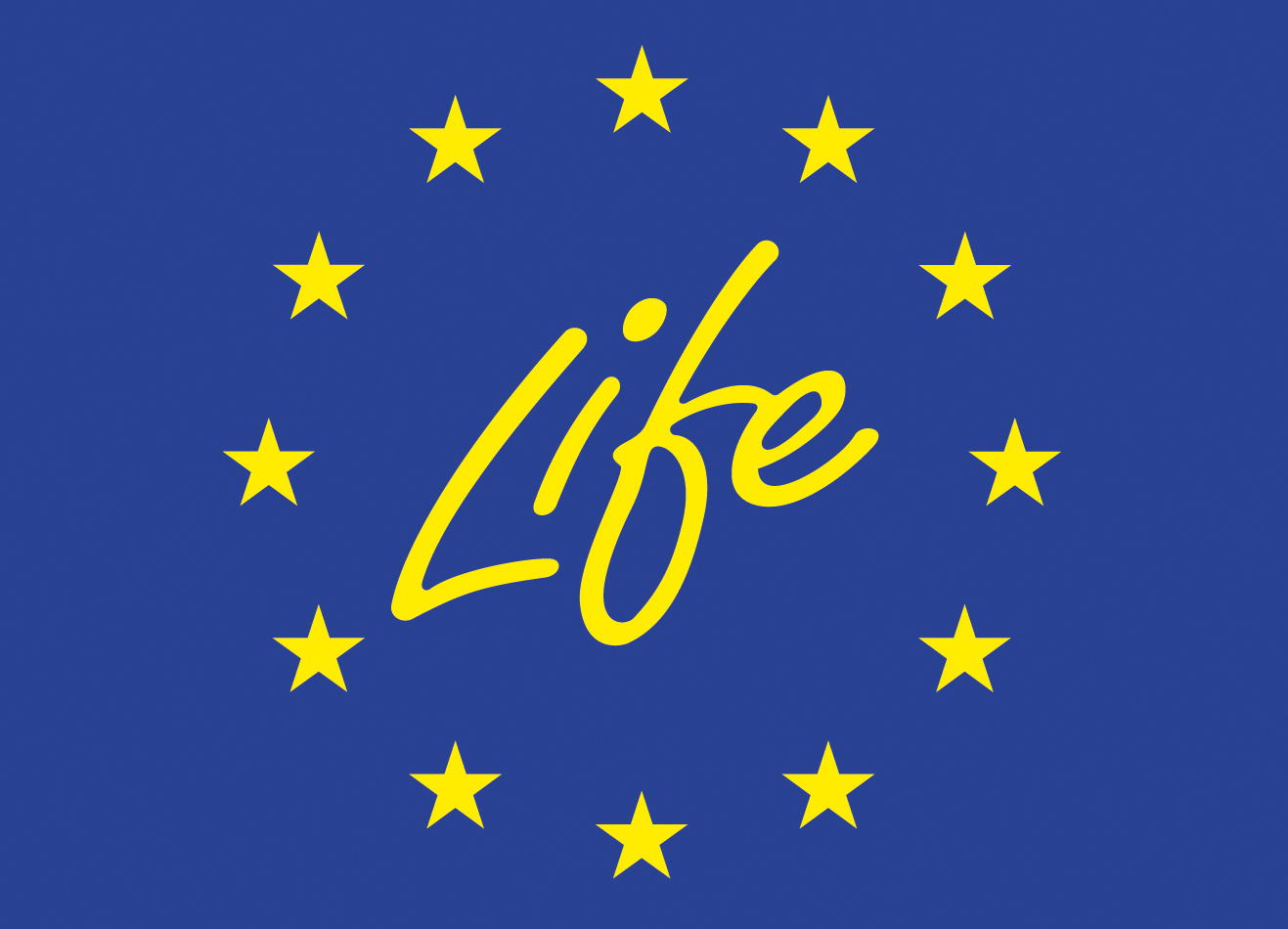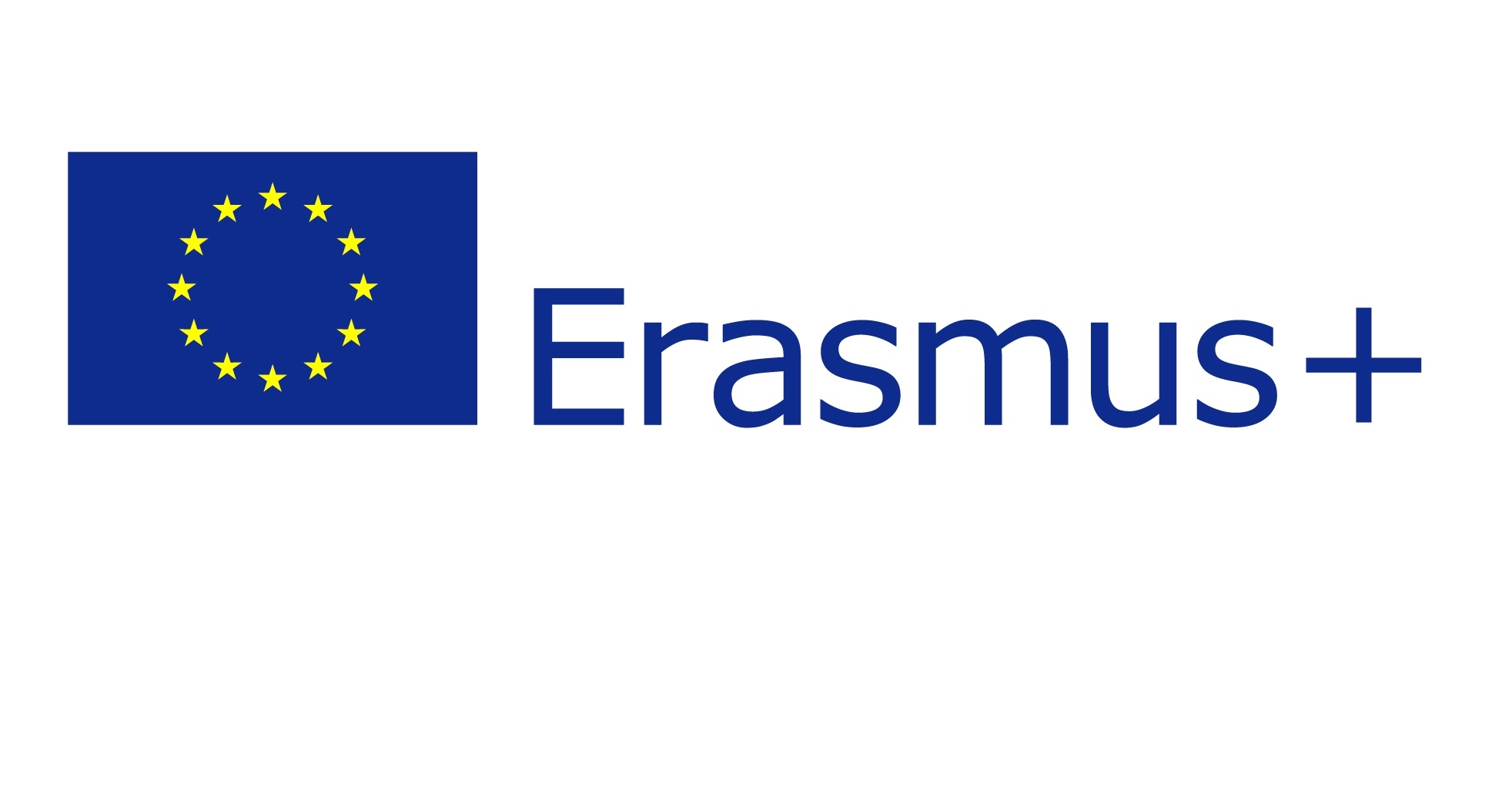Climate crisis is the symptom, Overconsumption is the disease
Scroll down to explore the true causes of the crisis and what we can do to treat it
1/The disease
The European Union’s growth-based economy is driving a depletion of Earth’s finite resources. This is fueling a double burnout of people and planet.
The current system extracts, produces, consumes and wastes more than ever. Much faster than Earth’s resources and nature can regenerate.

And we’re not just talking about individual consumption like clothes and phones, but society-wide – infrastructure for transport, buildings, energy systems, supply chains, military…

The extraction and processing of materials, fuels and food make up about half of total climate emissions. They are responsible for more than 90% of biodiversity loss and lack of clean water.

Consumption is not fairly distributed. The 1.2 billion poorest people account for just 1% of the world’s consumption, while the one billion richest account for 72%.

Europe’s material footprint – the total amount of fossil fuels, biomass, metals and minerals consumed, including in imports – is double a sustainable level.

The people and nations who consume the least pay the highest price, including women, Indigenous peoples and other marginalised groups. For example, nearly 90% of air pollution-related deaths occur in low- and middle-income countries, many due to industrial activities feeding Western overconsumption.

And to top it off, such overconsumption does not make people happier.

2/The wrong medicine
European Union decision-makers are trying to fix the problems caused by overconsumption with yet more materials and resources.
There is increasing political and industry rhetoric about ‘greening the economy’ and a ‘circular economy’ especially in the much-hyped European Green Deal. But overconsumption, and the resulting harm to people and planet, continue unaddressed.

For example, in maintaining this hunger for resources, we are on track to effectively replace dependency on fossil fuels with dependency on critical raw materials – batteries for electric vehicles and energy storage would mean the EU will need almost 60 times more lithium and 15 times more cobalt by 2050.

The EU claims it has reduced its carbon emissions. But, if we counted emissions embedded in imports, there would be no overall reduction.

At the same time the EU advertising industry spends more than 100 billion EUR each year – creating new wants for stuff people don’t need.

3/The root cause
Overconsumption is essentially fueled by a systemic obsession with growth.
Our current economic system seeks continuous growth, and crashes without it. It feeds on endless profit, extraction, production and consumption, all resulting in more excretion, environmental destruction and inequality.

To keep our current economies afloat is a heavy ask on our Earth, and it gets exponentially heavier each year. 3% GDP growth today is the equivalent of adding the entire global economy from 1970.

Science tells us that we will not be able to decouple economic growth from environmental impacts and resource consumption. We need a fundamental reset of the economy and to leave behind this growth obsession.

4/The treatment
The climate crisis, and other ecological and social crises, can only be addressed by tackling overconsumption and transitioning to a new economic model that is not dependent on continuous economic growth.
The European Commission must drive action on systemic solutions, by including in their 2023 Work Programme commitments to:
Assess the amount of resources the EU can sustainably and fairly consume within planetary boundaries;

Establish a binding reduction target for EU material footprint, and detailed plans to reach it, something the European Parliament has already called for in three reports in 2021 alone.

Treating EU overconsumption is the only way forward. However, it will only lead to wellbeing for all people and the planet if the EU urgently reorients its economic system to a post-growth economy.

Contact us:
Meadhbh Bolger, Resource Justice Campaigner, Friends of the Earth Europe meadhbh.bolger[at]foeeurope.org
Jean-Pierre Schweitzer, Senior Policy Officer – Circular Economy & Product Policy, the European Environmental Bureau Jean-Pierre.Schweitzer[at]eeb.org
Jan Mayrhofer, Policy & Advocacy Manager – Sustainability, European Youth Forum jan.mayrhofer[at]youthforum.org
Funders Acknowledgments
Friends of the Earth Europe, the European Environmental Bureau and the European Youth Forum gratefully acknowledge financial assistance from the European Commission (LIFE Programme, Erasmus+ Programme) and the Council of Europe. The contents of this document are the sole responsibility of Friends of the Earth Europe, the European Environmental Bureau and the European Youth Forum, and cannot be regarded as reflecting the position of the funders mentioned above. The funders cannot be held responsible for any use which may be made of the information this document contains.



Special Thanks to VisualityEU for the design and conception of the campaign.



